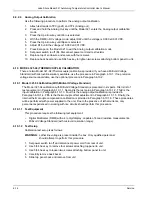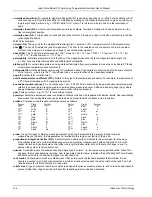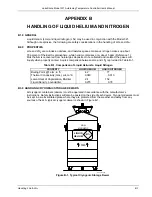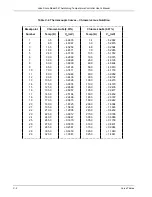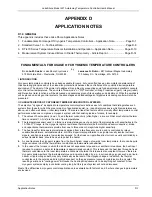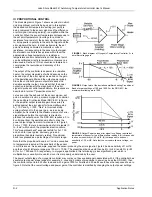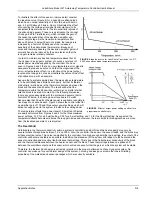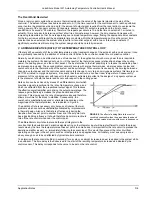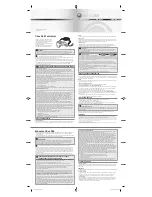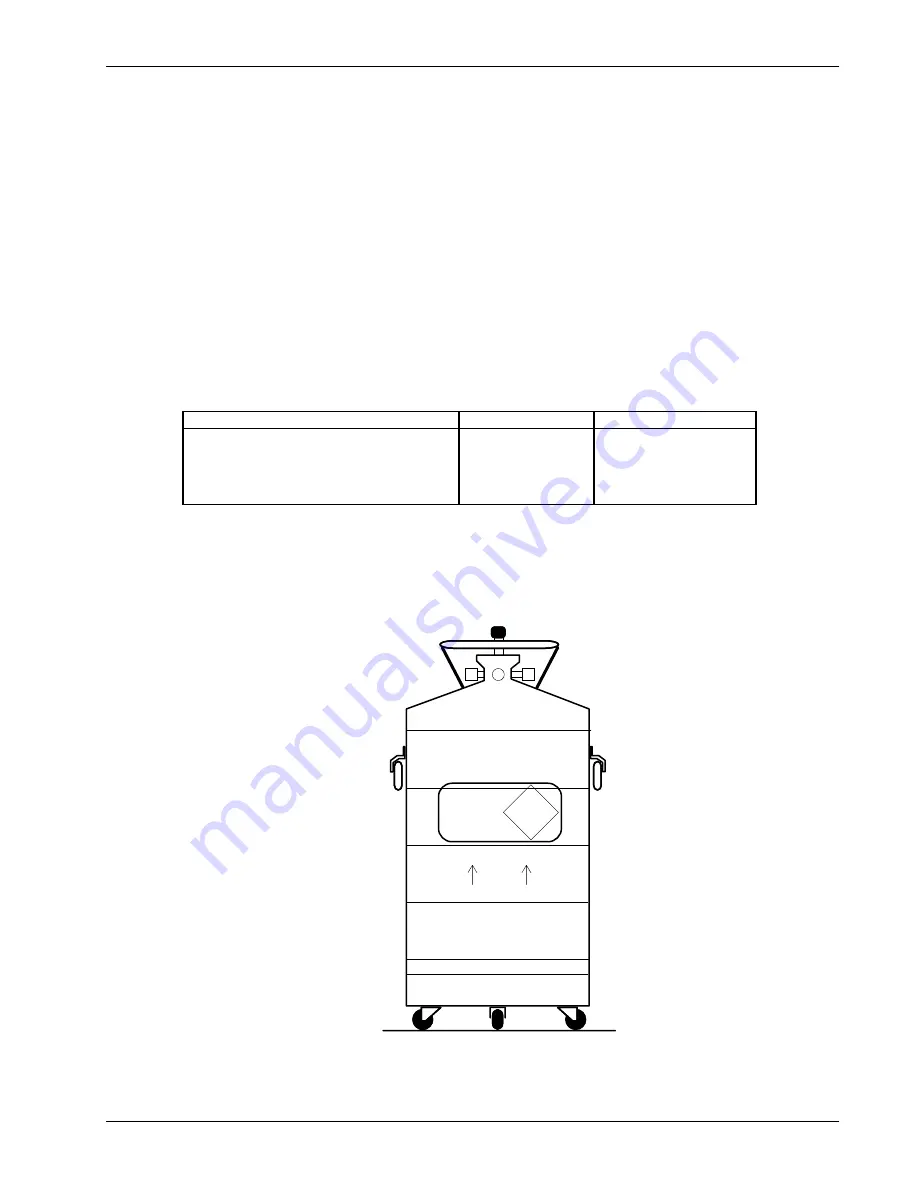
Lake Shore Model 321 Autotuning Temperature Controller User’s Manual
Handling LHe & LN
2
B-1
APPENDIX B
HANDLING OF LIQUID HELIUM AND NITROGEN
B1.0 GENERAL
Liquid Helium (LHe) and liquid nitrogen (LN
2
) may be used in conjunction with the Model 321.
Although not explosive, the following are safety considerations in the handling of LHe and LN
2
.
B2.0 PROPERTIES
LHe and LN
2
are colorless, odorless, and tasteless gases. Gaseous nitrogen makes up about
78 percent of the Earth’s atmosphere, while helium comprises only about 5 ppm (Reference 1).
Most helium is recovered from natural gas deposits. Once collected and isolated, the gases will
liquefy when properly cooled. A quick comparison between LHe and LN
2
is provided in Table B-1.
Table B-1. Comparison of Liquid Helium to Liquid Nitrogen
PROPERTY LIQUID
HELIUM LIQUID
NITROGEN
Boiling Point @1 atm, in °K
Thermal Conductivity (Gas), w/cm–°K
Latent Heat of Vaporization, Btu/liter
Liquid Density, pounds/liter
4.2
0.083
2.4
0.275
77
0.013
152
0.78
B3.0 HANDLING CRYOGENIC STORAGE DEWARS
All cryogenic containers (dewars) must be operated in accordance with the manufacturer’s
instructions. Safety instructions will also be posted on the side of each dewar. Cryogenic dewars must
be kept in a well-ventilated place where they are protected from the weather and away from any
sources of heat. A typical cryogenic dewar is shown in Figure B-1.
NON-
MAGNETIC
KEEP
UPRIGHT
LIQUID
HELIUM
NON-
FLAMMABLE
C-321-B-1.eps
Figure B-1. Typical Cryogenic Storage Dewar


